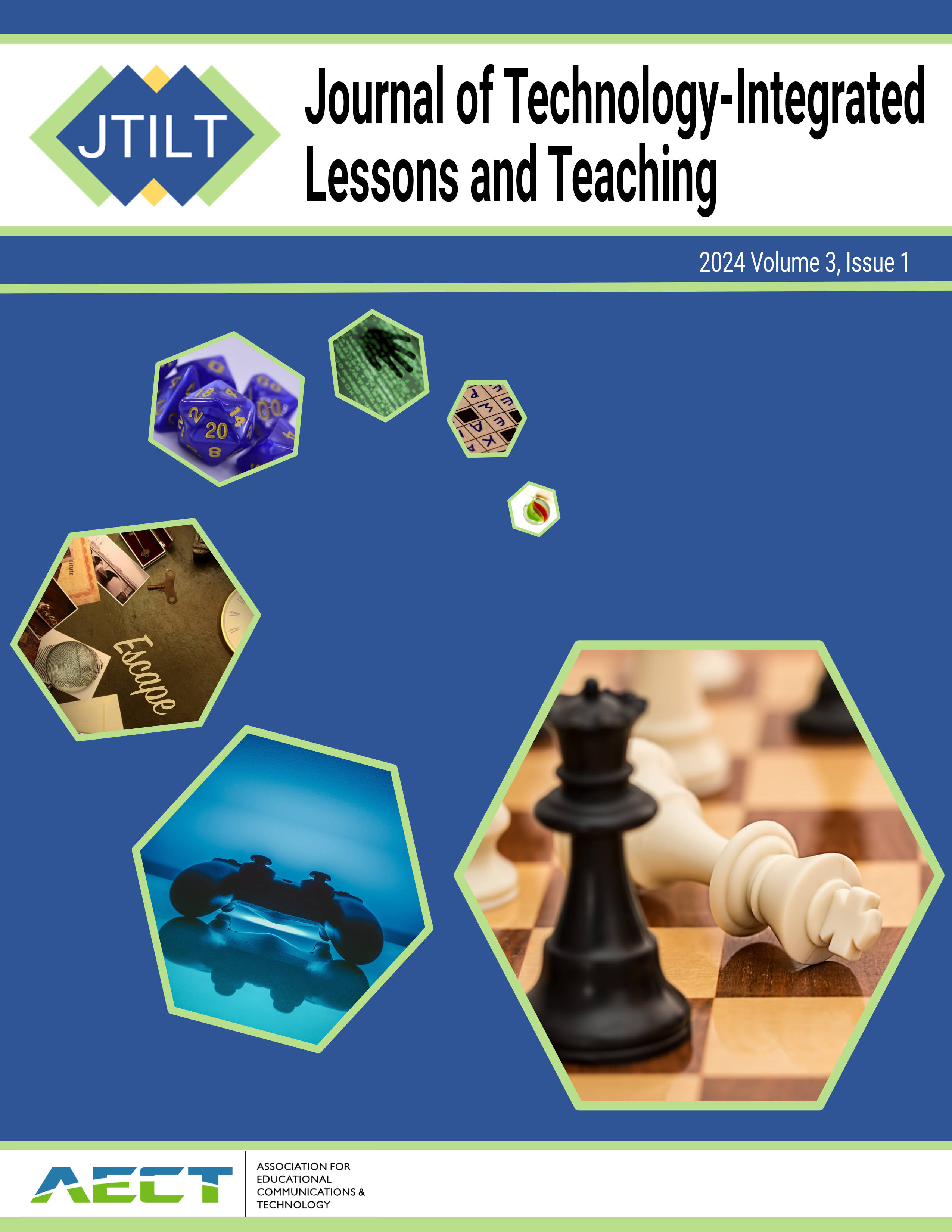Visual Mnemonics and Gamification A New Approach to Teaching Muscle Physiology
Main Article Content
Abstract
This learning representation is an innovative approach to teaching muscle physiology in a first-year medical school curriculum, utilizing assets from the Medimon game-based website. Medimon is a game designed to enhance students' preference and retention of medical concepts through interactive and visually engaging game contexts. The Medimon game experience allows students to (a) engage with characters representing various physiological components, (b) explore buildings designed to align with visual mnemonics, and (c) reinforce knowledge via game activities of muscle physiology, including muscle, cardiac, and smooth muscle structure and function. By leveraging the detailed visual mnemonics of the game, we implemented Medimon game assets into a presentation on muscle physiology to supplement existing presentation materials and promote long-term retention of muscle physiology.
Downloads
Article Details

This work is licensed under a Creative Commons Attribution-NonCommercial-ShareAlike 4.0 International License.
